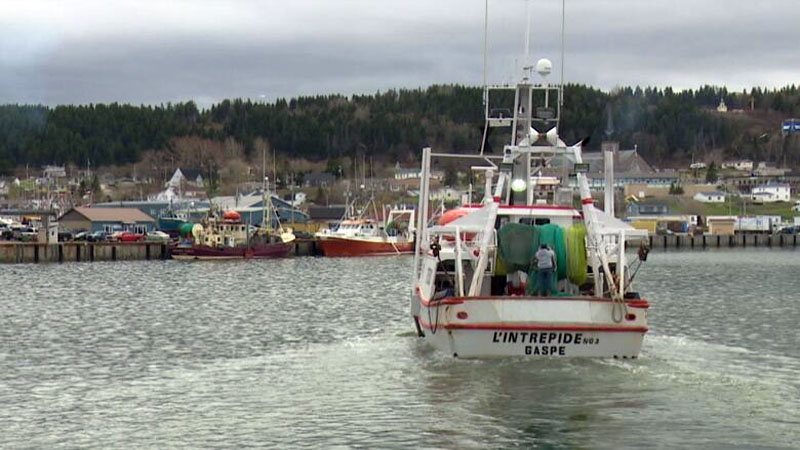Exclusive content

Amidst the tumultuous waters of the fishing sector in Gaspé, Canada, Mayor Daniel Côté is advocating for measures to support struggling shrimpers. With the industry facing significant challenges, including dwindling quotas and economic uncertainties, Mayor Côté emphasizes the need for proactive solutions to sustain the livelihoods of local fishermen.
Challenges in the Fishing Sector
Mayor Côté acknowledges the complexity of the situation, highlighting the adverse impacts of current fishing policies on shrimping operations. While recognizing the positive aspects of certain regulatory changes, such as the lifting of moratoriums, he emphasizes that the allocated quotas are insufficient to sustain profitable operations for shrimpers. As a result, many fishermen are grappling with financial hardships, prompting urgent calls for intervention.
In response to the pressing need for support, Mayor Côté advocates for the possibility of buying back licenses from shrimpers who are willing to exit the industry. He emphasizes the importance of rationalization to alleviate pressure on the fishing fleet and ensure a more equitable distribution of resources among remaining players. Despite the willingness of some fishermen to transition out of the industry, Mayor Côté expresses frustration over the lack of government support for such initiatives.
Impact on Local Economy
The economic repercussions of the fishing crisis are palpable in Gaspé, with Mayor Côté noting a decline in consumer spending and investment in local businesses. The ripple effects of these challenges are felt across various sectors, underscoring the urgent need for effective strategies to revitalize the fishing industry and safeguard livelihoods.
Mayor Côté remains cautiously optimistic about the potential for recovery, particularly if measures are taken to address critical issues such as quota allocations and market access. He emphasizes the importance of collaborative efforts to promote alternative fishing practices, such as targeting redfish, while ensuring sustainable resource management for long-term viability.